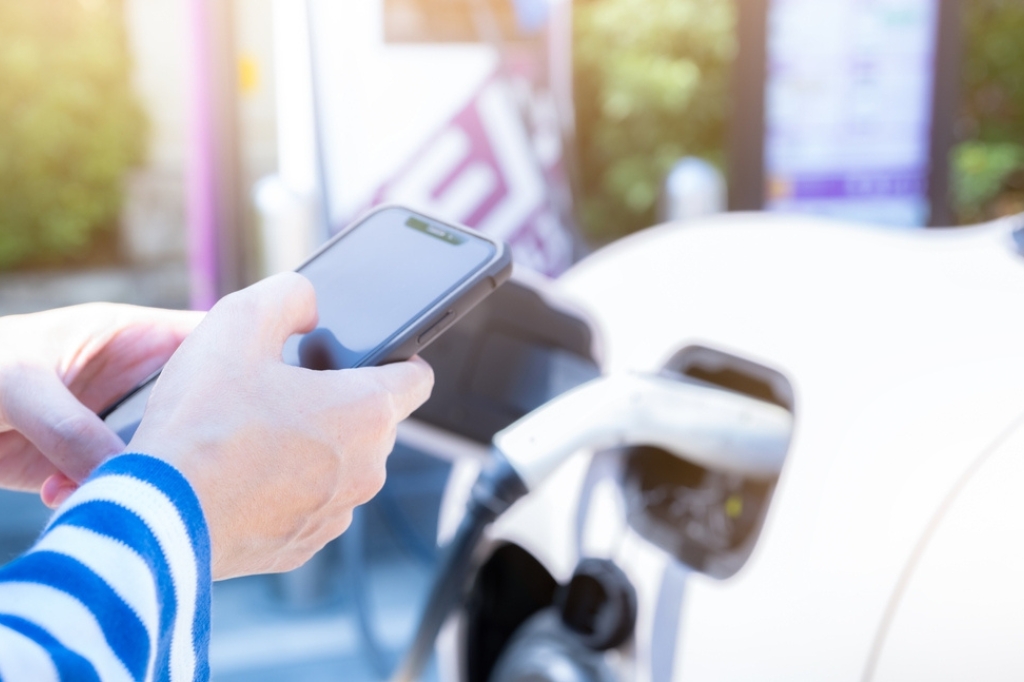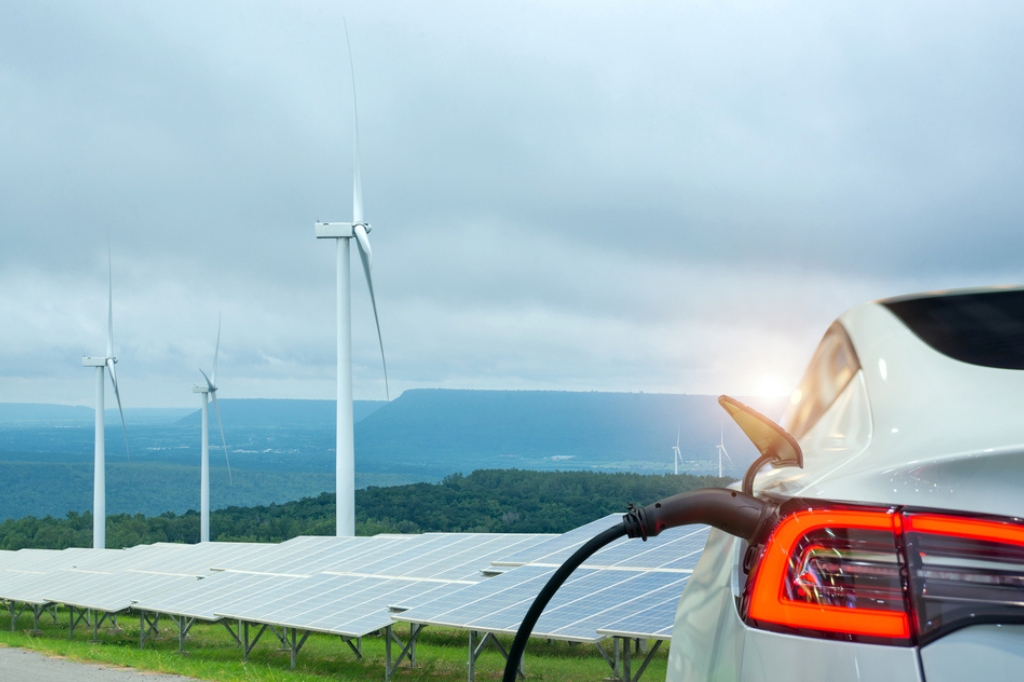If you’re as excited about electric vehicles (EVs) as we are, then you already know how crucial charging technologies are in this electrifying journey. But let’s dial back a bit and take a fresh look at the current state of EV charging.
Right now, it’s all about plug-in stations and home chargers. They’ve been great sidekicks so far, but like all tech, there’s always room for innovation. That’s why it’s vital to look at the new trends and technologies in EV charging.
We’re talking intelligent, intuitive, and even remote solutions that are set to supercharge the EV landscape. So, let’s investigate the benefits of new EV charging technologies and their impact on the fleet and leasing industry.
To understand the future of EV charging, it’s essential to get to know the context. EVs might feel like a ground-breaking technology, and in many ways, they are, but they actually date back over a hundred years. Due to limitations in battery technology and infrastructure, they fell out of favour, and internal combustion engine (ICE) vehicles overtook them.
Thanks to developments in charging tech, as well as more developed batteries, EVs are becoming more and more viable and advantageous. Charging is as simple as plugging in your EV at a public charging station or at home. We’ve also seen the rise of fast charging stations capable of getting your EV up and running in less time than it takes to enjoy a cup of coffee.
So, how is technology changing EV charging? Well, we’re looking at smarter charging solutions that can adapt to our power grid’s capacities and even allow for remote control. We’re also eyeing technologies that could make charging as quick and easy as filling up a fuel tank.

This exciting development in the future of EV charging takes convenience and user experience to another level. Theoretically, this innovation means that after a long day, you pull into your driveway and step out of your car, and that’s it. No fumbling with cables or plugs. Your vehicle begins to charge itself automatically.
Essentially, this technology revolves around electromagnetic fields that transfer energy from a charging pad on the ground directly to a receiver on your vehicle. It’s as simple as parking your car.
At its core, this technology is all about giving you, the EV owner, more control over your vehicle’s charging process. With a simple app on your smartphone or tablet, you can monitor your vehicle’s charging status, schedule charging times, and even start or stop the charging process remotely. Essentially, you’ve got your very own EV command centre at your fingertips.
First off, it’s incredibly convenient. Whether you’re relaxing on your sofa or have to unexpectedly work late, you can manage your EV’s charging without needing to be physically present.
The reason this tech is so crucial to the future of EV charging is that it optimises efficiency and cost-effectiveness. You can schedule charging during off-peak hours when electricity rates are lower. Plus, by keeping an eye on your EV’s charging status, you can avoid overcharging, which can damage your car’s lifespan.
Fuelling up your car at a petrol station might soon feel like a relic of the past. Thanks to ultra-fast charging technology, you’ll be able to power up your EV in nearly the same amount of time it takes to fill up a conventional fuel tank.
Companies like Zerova Technologies are leading the charge, developing incredibly powerful systems that support up to 3.75 megawatts. This increase in power capacity means drastically reduced charging times for EV owners.
Smart charging is like giving your EV and its charger a bit of brainpower. They learn, adapt, and make decisions that optimise power use. Instead of just pumping electricity into your vehicle, smart charging systems consider factors like grid capacity, electricity rates, and your personal schedule to charge your EV in the most efficient and cost-effective way possible.
Imagine you plug in your EV when you get home from work. Instead of immediately starting to charge, your smart system knows that electricity rates are cheaper late at night. It waits until then to start charging, saving you money and reducing strain on the grid during peak hours. In this sense, it’s much like remote charging but automatic for even greater convenience.
One of the benefits of this EV charging technology is that it’s also a big win for the environment, something we take very seriously. By reducing demand during peak hours, we can better integrate renewable energy sources like wind and solar into our power grids. Plus, some smart systems even allow EVs to feed power back into the grid when it’s needed most.

At SG Fleet, we’re proud pioneers of the adoption of EVs and understand the impact that the future of EV charging has on this. Our dedication to making EVs more accessible and widely used has won us numerous awards and represents our passion for creating a cleaner, greener world.
That’s why we offer our eStart Zero Emission Vehicle Transition Plan, an end-to-end solution to help you transition to a zero-emission fleet.
Alternatively, with our Novalease plan, employees can access any used or new EVs on the market by making use of our corporate buying power. Whether you choose to pay by direct debit or by salary sacrifice, it makes greener driving habits easier and more accessible than ever.
If you’ve got further questions about our Fleet Solutions, Employee Benefits, or anything else, feel free to get in touch with our team.
- How EV Salary Sacrifice Schemes Can Power a Greener Future
- The Acceleration of EV Adoption
- SG Fleet Proud to Achieve Carbon Neutral Status